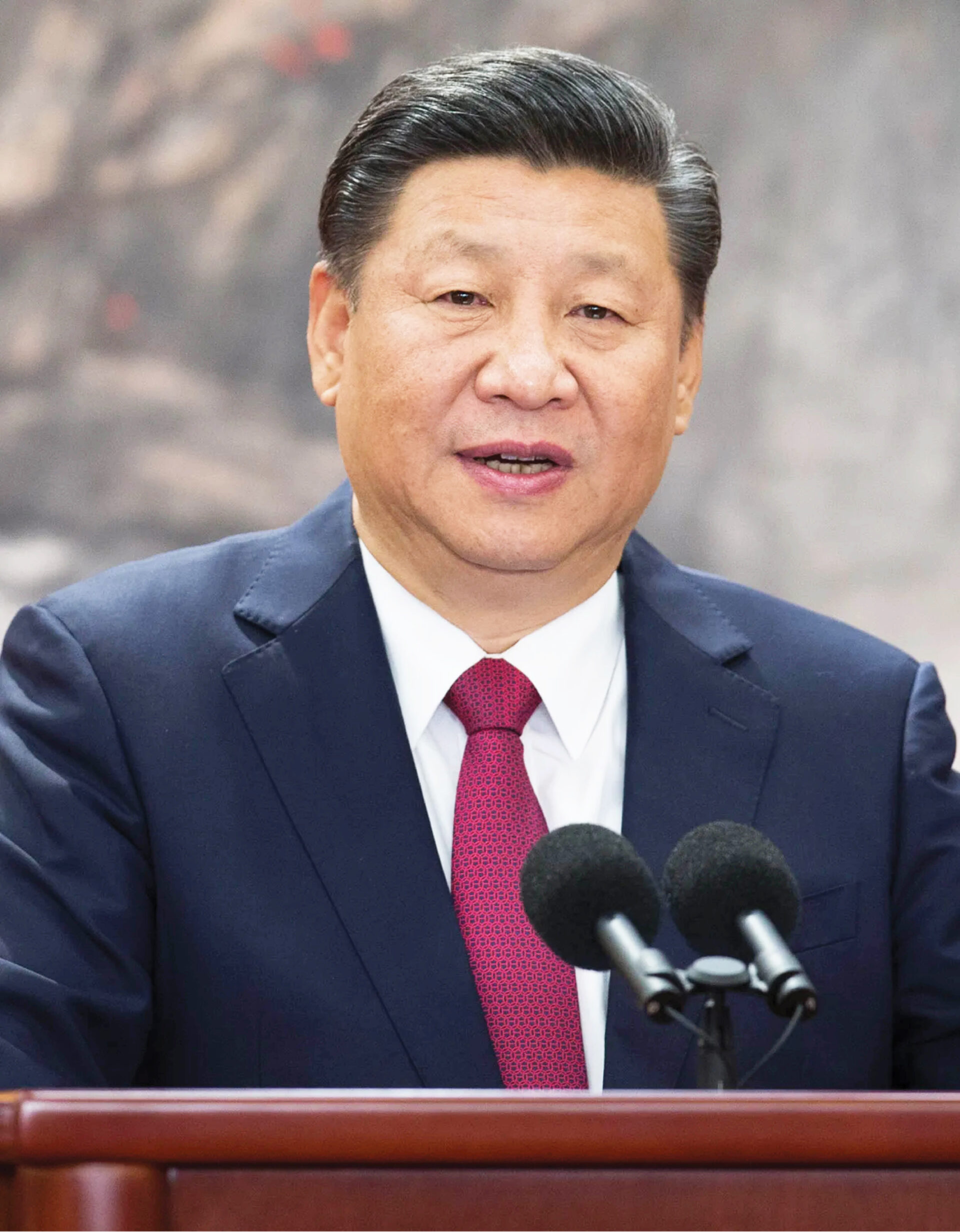By tightening his grip on power, Xi aims to ensure that the CCP remains unchallenged.
As China faces its most severe economic challenges since the Maoist era, President Xi Jinping’s political priorities have become increasingly evident: consolidating power and ensuring the supremacy of the Chinese Communist Party (CCP) over addressing the nation’s economic woes.
Xi’s tenure has been marked by a significant centralization of power. He has systematically dismantled the collective leadership model that characterized his predecessors’ administrations, instead consolidating authority in his own hands. This centralization extends to the economy, where state-owned enterprises (SOEs) are favoured over private businesses, and the CCP’s influence permeates all sectors.
By tightening his grip on power, Xi aims to ensure that the CCP remains unchallenged. This involves not only controlling the economy but also suppressing dissent, censoring the media, and curbing the influence of civil society. The recent crackdown on tech giants and private enterprises is a testament to Xi’s determination to bring all significant economic players under the party’s control.
Xi’s political priorities are also deeply intertwined with his vision of national security. For Xi, national security is synonymous with the security of the CCP. This perspective has led to an emphasis on ideological control and the promotion of CCP ideology as a means of maintaining social stability and loyalty to the party.
The CCP’s propaganda apparatus has been mobilized to reinforce Xi’s vision, promoting nationalism and the party’s achievements while downplaying economic difficulties. This ideological control extends to education, media, and even the internet, where censorship and surveillance are used to prevent the spread of dissenting views.
On the international stage, Xi’s political priorities manifest in a more assertive and sometimes confrontational foreign policy. By projecting strength abroad, Xi aims to bolster national pride and distract from domestic economic issues. This approach includes a more aggressive stance toward Taiwan, increased military presence in the South China Sea, and a robust response to perceived foreign interference.
Nationalism is a key tool in Xi’s political strategy. By fostering a sense of national pride and unity, Xi seeks to rally the Chinese people around the CCP and his leadership. This nationalism often serves to deflect attention from economic shortcomings and reinforce the narrative that the CCP is the guardian of China’s resurgence on the global stage.
Xi’s political priorities also involve a relentless focus on suppressing dissent and maintaining control over the population. The CCP’s extensive surveillance network, coupled with strict censorship and a heavy-handed approach to protests, ensures that any potential challenges to Xi’s authority are swiftly dealt with.
The recent increase in protests over labour issues and housing, as well as the exodus of high-net-worth individuals, highlights the growing discontent within China. However, rather than addressing the root causes of these issues, Xi’s response has been to tighten control further, reinforcing the CCP’s dominance and suppressing any signs of dissent.
Xi Jinping’s political priorities are clear: consolidate power, ensure the supremacy of the CCP, and maintain control over all aspects of Chinese society. This focus on political stability and control comes at the expense of much-needed economic reforms. As China’s economic challenges persist, Xi’s unwavering commitment to these political priorities suggests that significant changes in the PRC’s government, economic policies, or foreign relations are unlikely in the near future. Instead, we can expect Xi to continue prioritizing political control over economic prosperity, with far-reaching implications for China and the world.
The Dalai Lama’s nephew, Khedroob Thondup is a geopolitical analyst.

